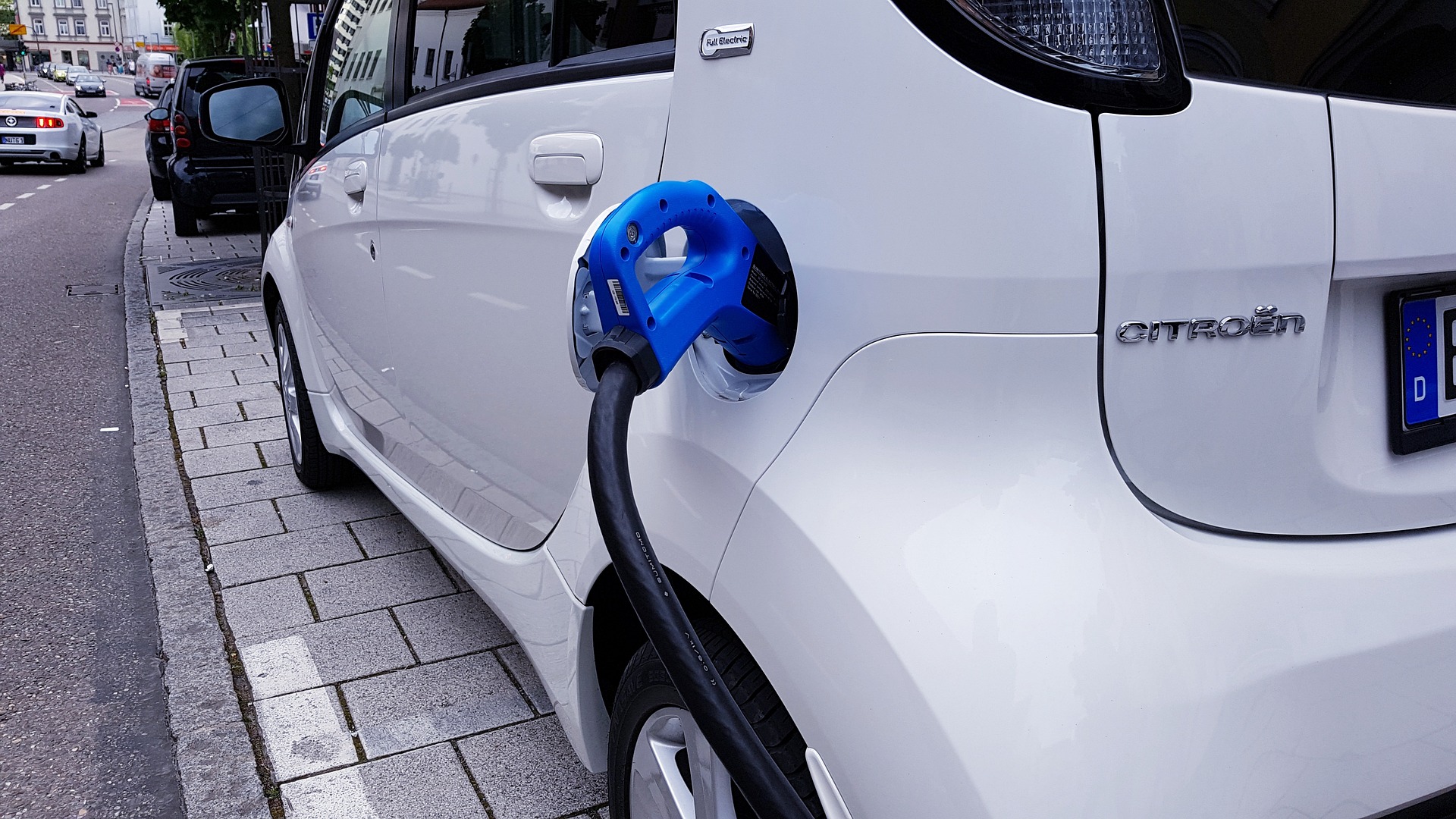Small Electric Cars: The Urban Commuter Revolution
Small electric cars are rapidly transforming urban mobility across the UK, offering a practical and sustainable solution for city dwellers. These compact vehicles combine environmental benefits with economic advantages, making them increasingly attractive to urban commuters seeking efficient transportation. As cities implement stricter emission zones and parking becomes more challenging, compact electric vehicles present an ideal alternative to traditional petrol cars.

Why Are Small Electric Cars Perfect for Urban Commuters?
Small electric cars excel in urban environments due to their compact dimensions and maneuverability. Their reduced footprint makes them ideal for navigating narrow city streets and fitting into tight parking spaces. The instant torque delivery characteristic of electric motors provides quick acceleration needed for city driving, while regenerative braking helps maximize efficiency in stop-and-go traffic conditions.
What Benefits Do Compact Electric Vehicles Provide?
Compact electric vehicles offer numerous advantages for city dwellers. Beyond zero direct emissions, these vehicles deliver significantly lower operating costs compared to traditional combustion engines. The simplified mechanical design results in reduced maintenance requirements, while home charging capability eliminates frequent fuel station visits. Additionally, many cities offer preferential parking and lane access for electric vehicles, enhancing their practical appeal.
How Popular Have 2-Seater EVs Become?
The market for two-seater electric vehicles has experienced substantial growth in recent years. Urban professionals and small households increasingly recognize these vehicles as an efficient transportation solution. Their rising popularity has encouraged major manufacturers to expand their compact EV offerings, leading to more diverse options and improved technologies.
What Features Define Modern 2-Seater Electric Cars?
Contemporary small electric cars come equipped with advanced features that enhance the driving experience. Smart connectivity systems, regenerative braking technology, and sophisticated battery management systems are standard in most models. Many vehicles offer customizable driving modes, smartphone integration, and advanced safety features despite their compact size.
What Advantages Drive the Shift to Small EVs?
The transition to small electric vehicles is driven by practical and economic benefits. These vehicles excel in environmental performance while offering lower total ownership costs compared to conventional vehicles. Here’s a comparison of popular compact electric car models:
| Model | Range (miles) | Starting Price (£) | Key Features |
|---|---|---|---|
| Fiat 500e | 199 | 28,195 | Fast charging, Level 2 autonomous driving |
| Smart EQ ForTwo | 81 | 22,225 | Ultra-compact design, 4.1m turning radius |
| MINI Electric | 145 | 29,000 | Premium interior, sporty handling |
| Renault Zoe | 245 | 29,995 | Longest range, spacious interior |
Prices, rates, or cost estimates mentioned in this article are based on the latest available information but may change over time. Independent research is advised before making financial decisions.
The urban commuter revolution driven by small electric cars represents a fundamental shift in personal transportation. These vehicles combine practicality, efficiency, and environmental responsibility, making them an increasingly attractive option for city residents. As battery technology continues to advance and charging infrastructure expands, small electric cars are positioned to become an even more integral part of urban mobility solutions.




